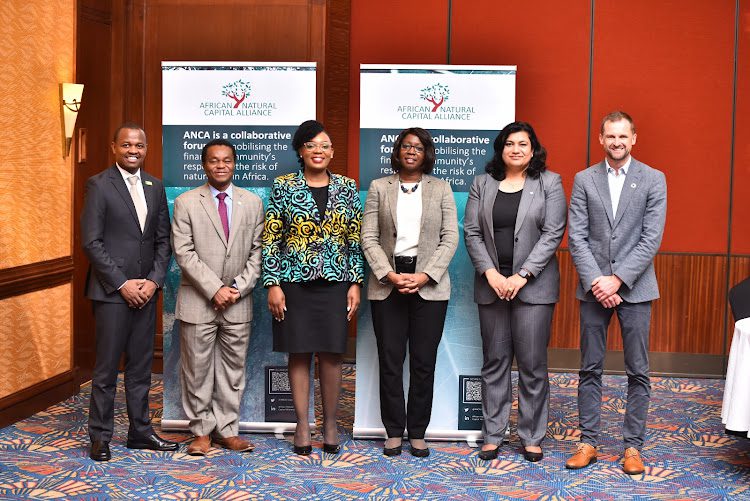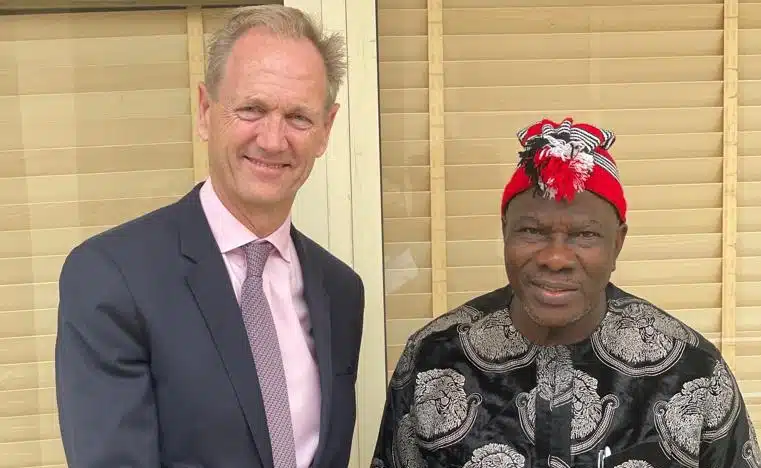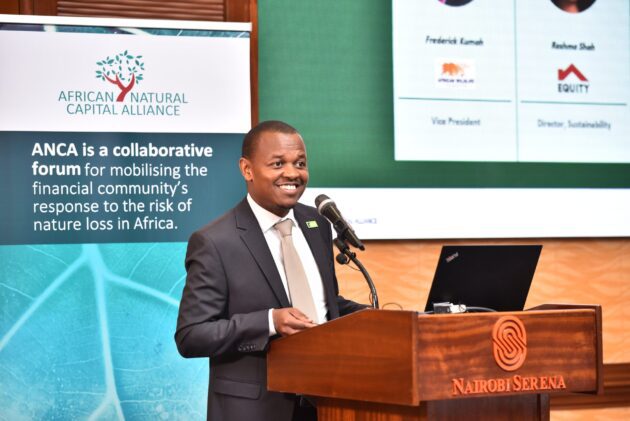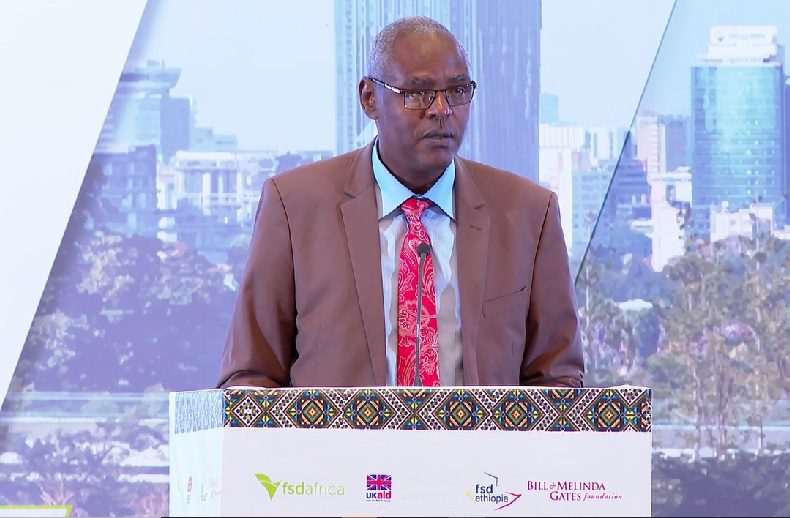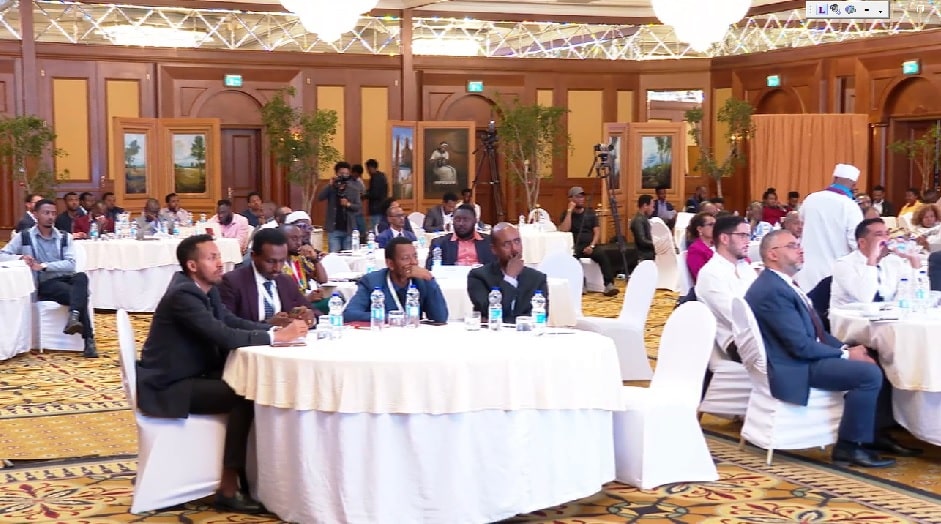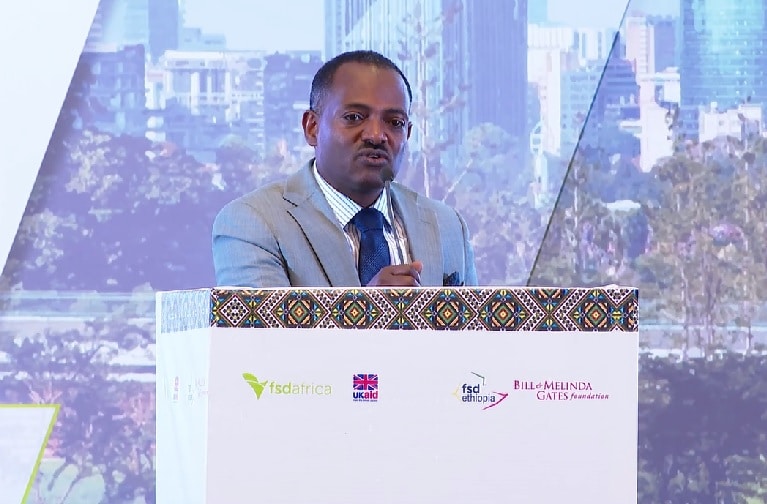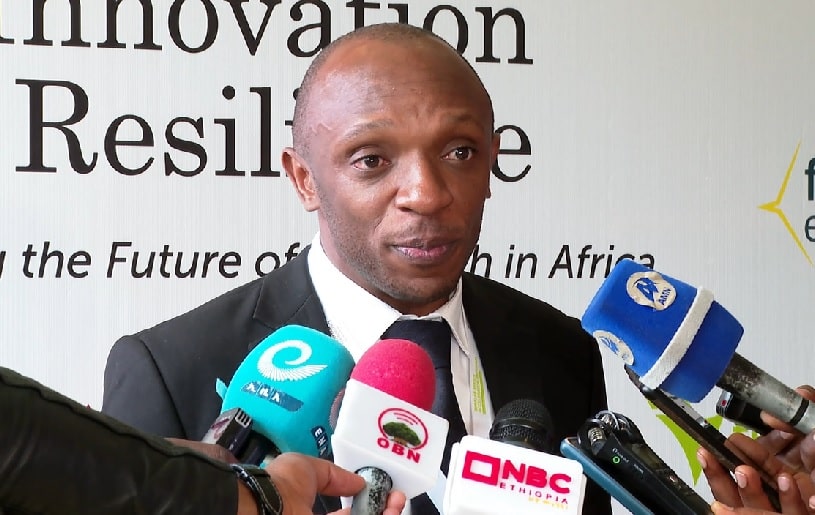In Summary
- According to ANCA Economic activity is depleting nature with nearly 75 percent of land surface significantly altered.
- The dependence of Africa’s economy on natural capital exceeds the global average, with over 70% of people in sub-Saharan Africa depending on forests and woodlands for their livelihoods.
The lack of proper data, legal and regulatory structure to fund nature-related risks has seen investors shy off from pumping resources into the sector.
This has further exposed the sector, despite being a key anchor of Kenya and a majority of the African economies.
FSD Africa and African Natural Capital Alliance Lead, Dorothy Maseke says that going forward, regulators will need to identify nature-related risk concentrations for regulated entities and assess whether they are being managed effectively.
According to Maseke, this will streamline the sector and prevent the loss of $195 billion (Sh27.7 trillion) in annual natural capital in Africa.
“Enhanced transparency of nature-related risks is fundamental to managing them effectively. This is the case for individual financial institutions, which need visibility of the nature-related risks in their lending, underwriting, and investment portfolios,” said Maseke.
In Kenya currently, green financing has been concentrated in areas such as lending to renewable energy projects and providing credit lines for energy efficiency projects such as solar installations.
Speaking during the release of a report on “Improving the transparency of nature-related risks in Africa”, the lead said that if not addressed, risk assessments show that five percent of Africa’s banks risk portfolio could experience losses up to 2023.
The report outlines how financial sector stakeholders, including regulators, are increasingly recognising that the depletion of nature poses risks to financial and economic stability.
In February this year, Kenya announced a plan to set up an investment bank to increase commercial lending to environmentally friendly projects by absorbing part of the risks associated with such ventures.
Treasury in its draft National Green Fiscal Incentives Policy Framework, noted that the planned bank is part of efforts to steer Kenya’s economy onto a low-carbon climate-resilient green development pathway.
The green bank—to be referred to as Kenya Green Investment Bank (KeGIB) —will incentivise private sector investments in green projects.
According to ANCA, economic activity is depleting nature with nearly 75 percent of land surface significantly altered and over 85 percent of wetlands having been lost, threatening economies and businesses that depend on nature.
African economies are highly exposed to nature-related risks because they are especially dependent on nature and quickly losing natural capital.
Africa is home to 65 percent of the world’s arable land, and 20 percent of the global tropical rainforest area .
These natural endowments offer large natural-capital opportunities
The dependence of Africa’s economy on natural capital exceeds the global average, with over 70 percent of people living in sub-Saharan Africa depending on forests and woodlands for their livelihoods.
This is compared to about half of the worldʼs total GDP generated in industries that depend on nature.
Africa’s loss of natural capital also exceeds the global average, having seen a decline in its Biodiversity Intactness Index (BII) score of 4.2 percent between 1970 and 2014, considerably higher than the global BII score decline of 2.7 percent over the same period.
Read original article
